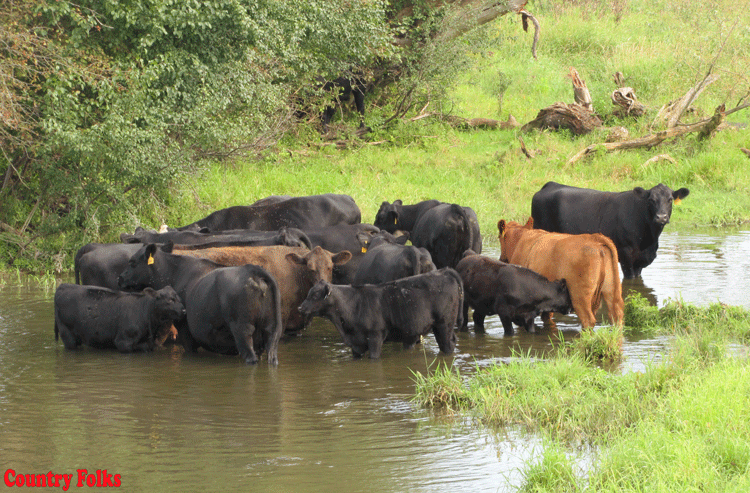by Deborah Jeanne Sergeant
CLYDE, NY – Effective marketing can make the difference between success and struggle as a grain farmer. Michael Howlett, representing Howlett Farms, spoke about grain marketing at the recent meeting hosted by A.N. Martin Systems.
“It doesn’t matter how well we grow grain if we can’t sell it,” said Jason Martin, president at A.N. Martin.
Howlett is the fifth generation on his family’s farm, but he’s also adept at grain sales. After he completed his degree, he worked at the Chicago Board of Trade for years before returning to his home turf in Avon, NY, in 2011 to work as the grain merchandiser at Howlett Farms.
He said to help his farm compete, he developed a risk management plan.
“The experience in Chicago allowed me to gain the problem-solving tools to use on the farm,” Howlett said. “When I left, I figured ‘Why are these tools only used by the big guys in the Midwest?’”
Typically, farms of under 10,000 acres weren’t considered worthwhile at the Chicago Board of Trade.
He said since no one can predict the market, good marketers know how to deal with not knowing and making decisions based on what they do know – things they can control.
“There’s no silver bullet to the market,” Howlett said. “Good marketers always have an offer. They always have a number at where they will sell. We push target orders.”
He added that good marketers don’t speculate in the grain market, citing a case in which a marketer did just that. Caught in over his head, the deal morphed into a Ponzi scheme which cost producers $5.2 million. The shifty marketer paid for his deeds with a 6.5-year prison term and $11.1 million in restitution.
Howlett wants grain marketers to avoid grain-marketing pitfalls. One is the “Back 40 Fallacy,” in which they base their price on what their own fields produce, either positively or negatively.
“You cannot base your crop prices on your ‘back 40,’” Howlett said.
He also said basing it on what others are making or not making in the region doesn’t mean that prices will go up. “There will always be someone out there willing to produce at a lower level,” he said. He urged producers to not follow those cutting margins.
Stalling for too long with the hope that prices will go up is also a poor strategy.
“If you have an offer in mind, put an offer in and don’t change it,” he said. “You know when you will have bills and when those are coming. If you’re scrambling to sell grain at the end of the year, that’s when prices go down.”
He also pointed out the cost of carry – how much it costs producers to hold onto their grain. Waiting for a few extra cents doesn’t make financial sense if the cost of carry is higher than the price.
“The market has to go up two cents every 30 days to break even on your interest rate,” he said. “That doesn’t take into account for extra labor costs, running the fans, et cetera. You should be turning that grain into cash. That grain isn’t working for you if you have outstanding bills.”
Many farmers are too short-sighted, Howlett believes.
“If we plan ahead, we should be working one year ahead, not one month ahead,” he said.
He warned against holding onto grain to grab another nickel. “Sell what you have stored ahead to capture carries,” he said.
He likes the book “The Black Swan” by former options trader Nassim Nicholas Taleb, which explains how unexpected events affect markets. Howlett cited the coronavirus and 9/11 as two examples.
“They look back and see in hindsight, but we live in today,” he said. “Just when everything is going fine, we have something happen. You have to be prepared for the unpredictable. Don’t get an idea of what the market has to do and don’t only get ideas from those who think like you.”
He said missing opportunities to sell grain is only painful when operators are cornered and absolutely must sell.
“Oats is a good indicator of what other contracts will do,” he said. “It’s more about bushels and acres.”
He said instead of seeking “silver bullets” to solve when to sell, it’s better to form a plan and stick with it consistently.
“Keep it simple,” he said. “The more complicated something is or the less likely you are to understand something, the more likely it is you are being tricked.”
Martin added, “If you’re making emotionally-based decisions, you are probably making the wrong decisions. The majority of the larger producers plan what they’re going to do without looking at the market.”











Leave A Comment